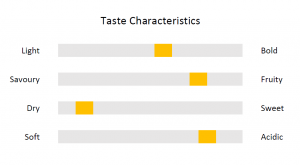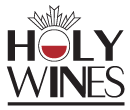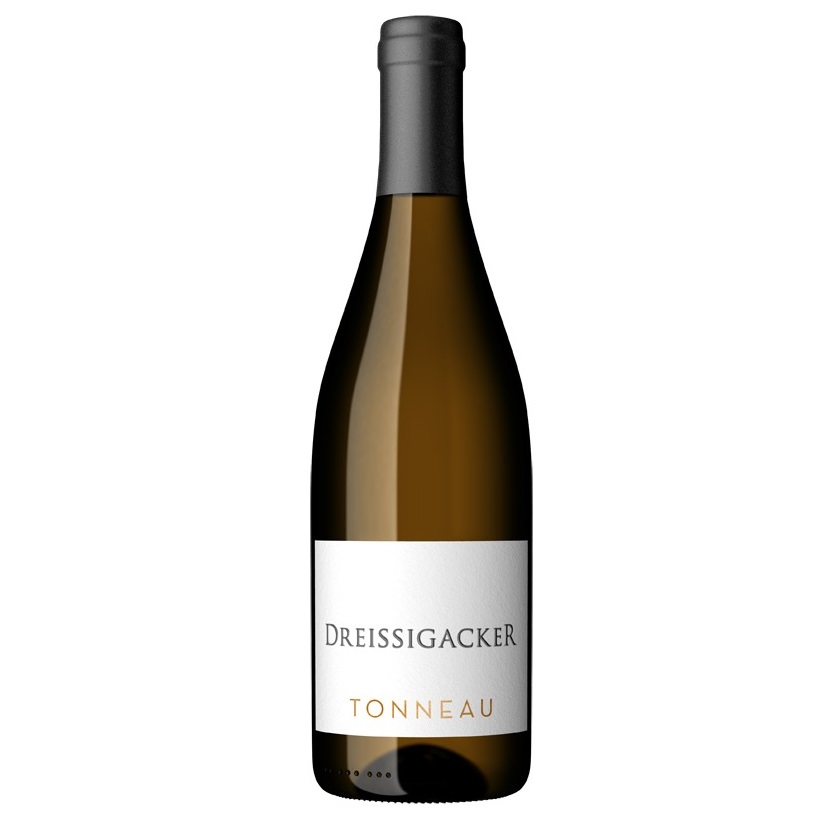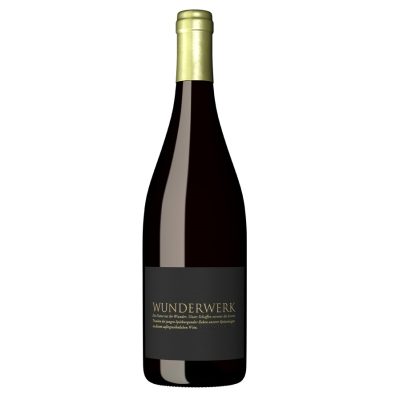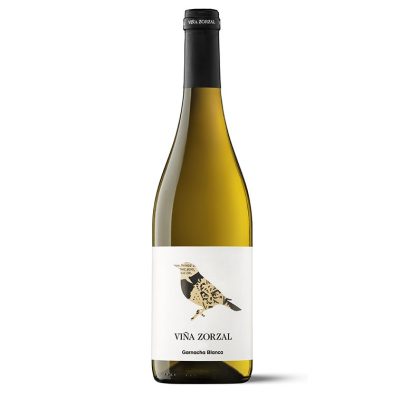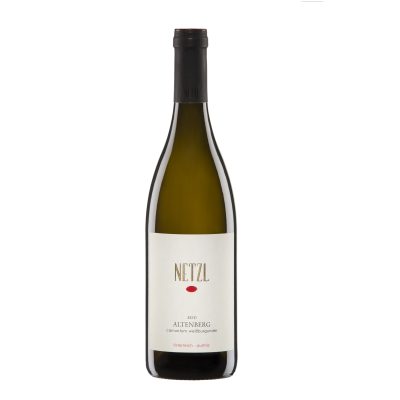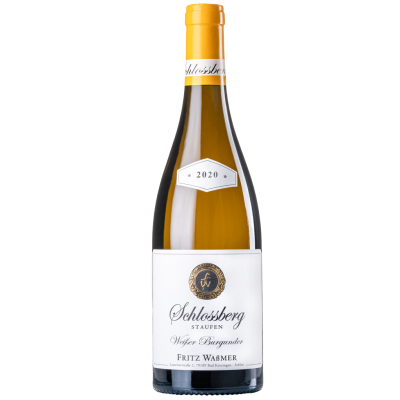Related products
You may also like…
Description
Vintage
Compared to the optimal vintage 2018 with its unbelievably high yields, 2019 is clearly below average in this respect. Nationwide, this meant a 13% lower yield. 2019 made it difficult for the winegrowers in many places with frost on the one hand and sunburn, great heat and drought on the other. Despite the difficult conditions, 2019 produced incredibly good wines.
Location
The grapes for the Dreissigacker Tonneau come from the core locations of Bechtheim and were selectively harvested by hand into small standard containers. As usual at Dreissigacker, great importance was attached to careful processing of the Tonneau Pinot Blanc. In this respect, the transport of the grapes was carried out exclusively by falling pressure, the expansion without the addition of treatment agents.
Wine
The grapes for the Tonneau After a maceration period of about 10 hours, the mash fermented spontaneously 100% in Tonneau wooden barrels. Stored for a long time – 18 months on the full lees & half a year on the fine lees before bottling. Light straw yellow colour with a full-bodied, round and nicely floral nose. Palate is harmonious and opulent at the same time with a fine melt on the palate, well-integrated wood aromas and a fantastic long finish. Certified Vegan and Organic.
Region
Rheinhessen is a very famous wine region in Germany, located in the state of Rhineland-Palatinate. It is one of the country’s 13 official wine regions and is known for its rich winemaking history and high-quality wines. Rheinhessen is the largest wine-producing region in Germany, covering an area of approximately 26,500 hectares of vineyards.
Rheinhessen lies to the west of the Rhine River and is bordered by the Nahe wine region to the northwest and the Pfalz wine region to the south. The region’s landscape is characterized by gently rolling hills and a temperate climate that is influenced by the river.
Climate & Terroir
Spring in Rheinhessen tends to be cool, which can be challenging for the early growth of grapevines. Frosts can occur in spring, posing a risk to the young buds.
Summers in Rheinhessen are generally warm, allowing the grapes to ripen and develop their flavors. However, the presence of the Rhine River and its cooling effect helps to prevent extreme heat waves.
The region benefits from a relatively long growing season, allowing the grapes to reach full maturity. This extended ripening period contributes to the development of complex flavors and balanced acidity in the wines.
The region’s moderate climate with warm days and cool nights in autumn is particularly favorable for the late ripening grape varieties like Riesling. This combination helps the grapes retain acidity while achieving sufficient sugar levels, leading to the production of high-quality wines.
Ideal drinking temperature 11° Celsius.
